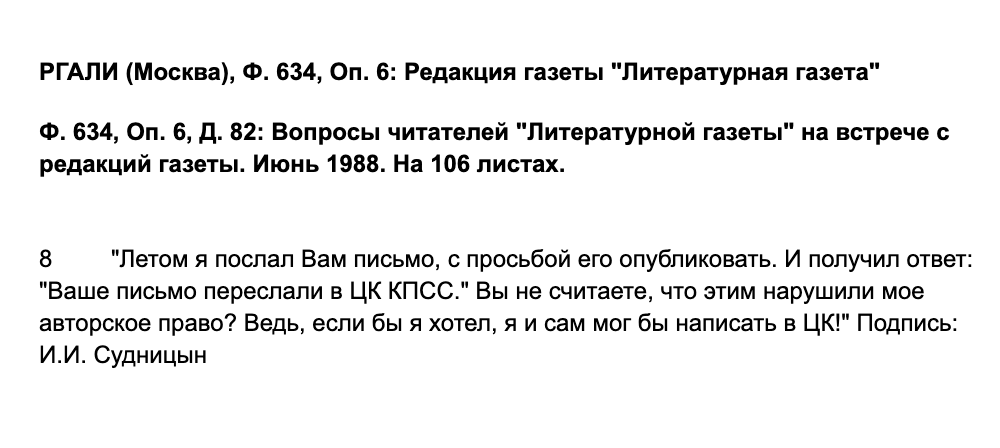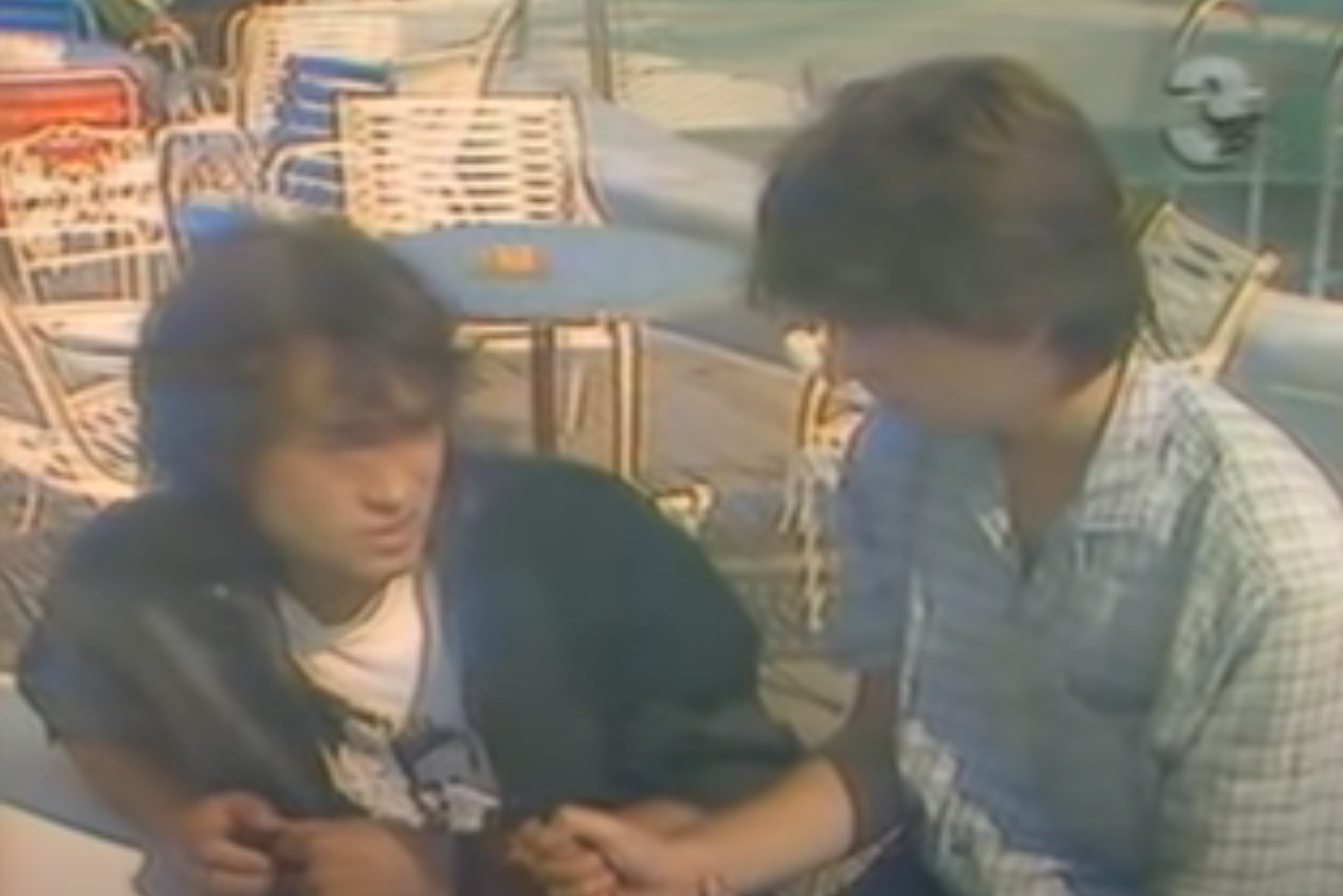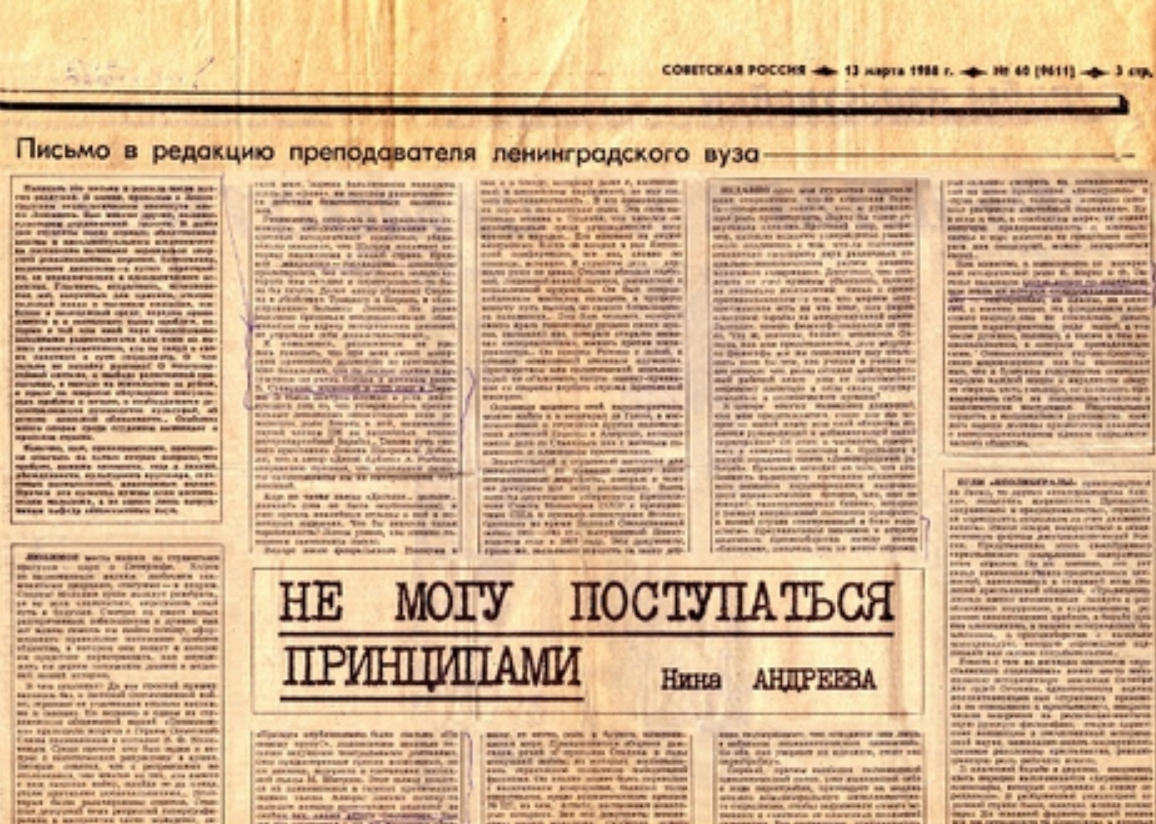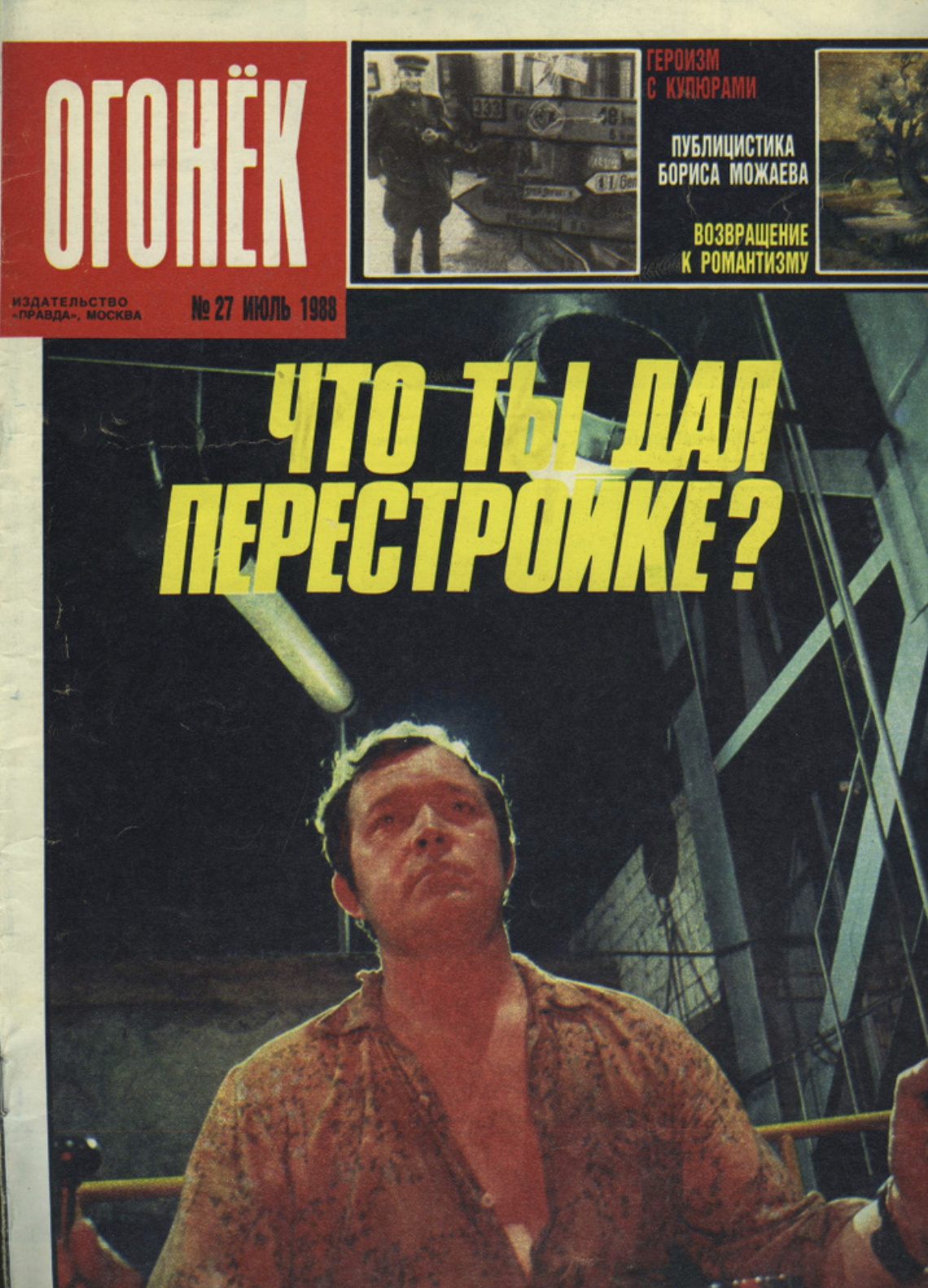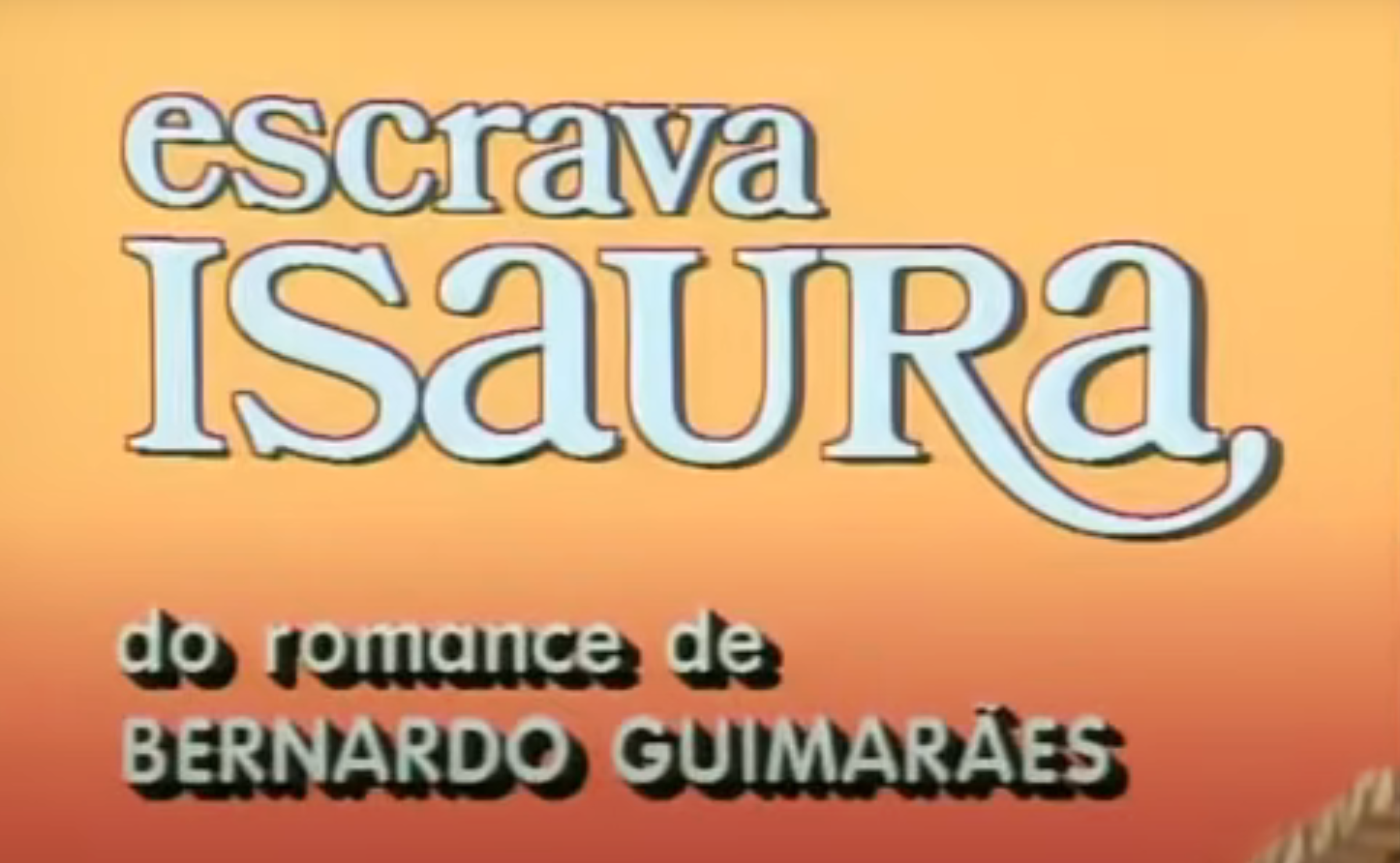Search Results
Search Terms
Results: Displaying Artifact 7 - 12 of 13 in total
Text Containing: 1988
Fields: Human Readable Date
Page: 2
A reader question to "Literaturnaia Gazeta"
During perestroika, the Soviet government encouraged media to foster closer ties with citizens, leading to unprecedented reader engagement and evolving perceptions of press independence. In this June 1988 issue of the national weekly Literaturnaia gazeta, a reader objects to the editors’ choice to send a copy of his letter to the Party Central Committee.
Viktor Tsoi interviewed at the Golden Duke Film Festival, 1988
Journalist Sergei Sholokhov (1958-) interviews rock star Viktor Tsoi (1962-1990) and film critic Natalia Razlogova (1956-) at the Golden Duke Film Festival in Odesa in September 1988.
Nautilus Pompilius perform “Last Letter (Good-bye America)” in 1988
This 1988 televised performance of Nautilus Pompilius's “Last Letter” captures the band’s cultural disillusionment with Western ideals, prefiguring post-Soviet anti-Americanism.
Nina Andreeva’s “I Cannot Forsake My Principles”
Published in the 13 March 1988 issue of the daily newspaper “Sovetskaia Rossiia” (Soviet Russia), this letter by chemistry lecturer and Stalinist apologist Nina Andreeva (1938-2020) sparked tens of thousands of public responses, revealing that conservative currents in the Communist Party and beyond now faced strong resistance from a glasnost-empowered public.
"Program and Charter of the Leningrad Club of Friends of 'Ogonek'"
Formed in 1988, the Leningrad Club of Friends of Ogonek Magazine (KDO in Russian), exemplified perestroika-era grassroots media engagement. Soviet citizens supported and shaped the reformist stance of the magazine, in print from 1899 to 2020, amplifying its influence through growing circulation and reader involvement in editorial content.
Soviet audiences devour the Brazilian soap opera "Escrava Isaura"
Stills from the first episode of the Brazilian soap opera "Escrava Isaura," which aired in Brazil in 1976-77 and in the USSR/ Russia in 1988-90. In this first episode, aired on Soviet Central Television on 16 October, 1988, it is revealed that the show's title character, Isaura, is not the niece of the wealthy Almeida family—but instead a "slave" with a “mulatto [sic]” mother and a Portuguese father.
